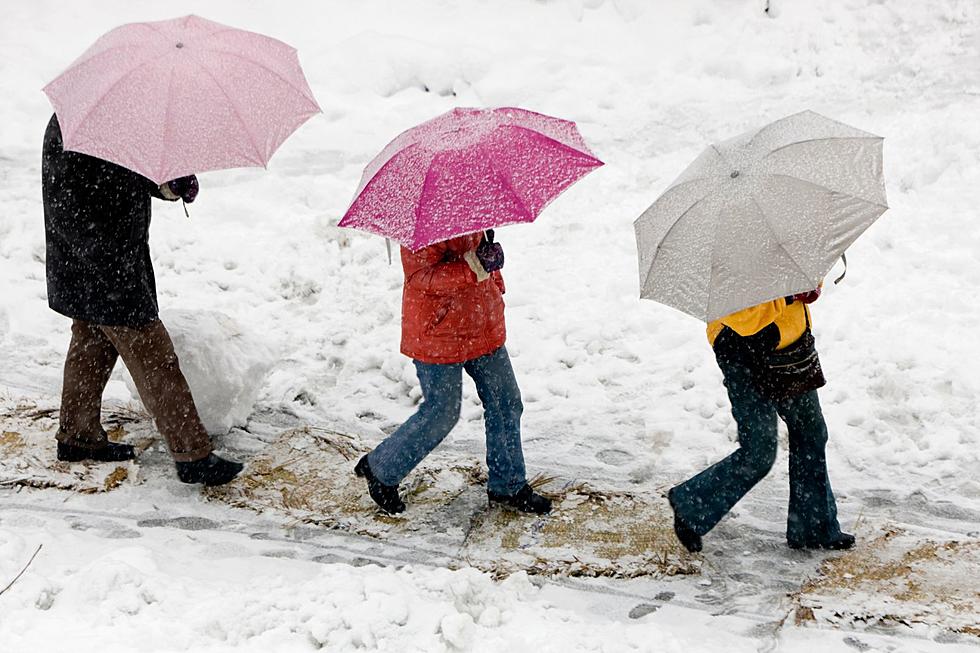
Biggest Snowfalls Recorded in Texas History
Almost everyone who lives in areas prone to snow seems to have a legendary snowstorm story: the blizzard of '78, the Storm of the Century, any of the blizzards or bomb cyclones that have happened since then. And according to experts, historic snowstorms—the kind you measure all other snowy days against—are becoming more regular.
Despite shorter, warmer winters—driven by climate change—in many areas, blizzards are predicted to become more frequent and intense. Since warmer air holds more moisture, more snow is likely to fall when temperatures are just below freezing versus when temperatures are significantly below the 32 degrees Fahrenheit freezing point.
Warmer-than-normal winter air is impacting nearly every region of the U.S., according to a 2022 study by Climate Central. Since 1981, winter temperatures across the country have risen over 1 degree Fahrenheit, creating the right conditions for intense snowfall. As of 2014, the number of blizzards the U.S. experienced was already four times greater than it was during the mid-20th century.
Stacker compiled a list of the biggest 1-day snowfalls in Texas using data from the National Centers for Environmental Information to better understand historical snowfall events on a local level.
LOOK: Biggest Snowfalls Recorded in Texas History
Gallery Credit: Stacker

